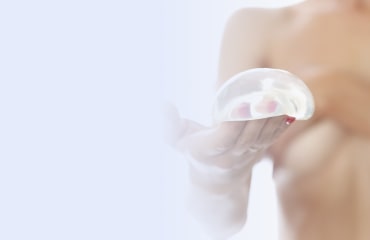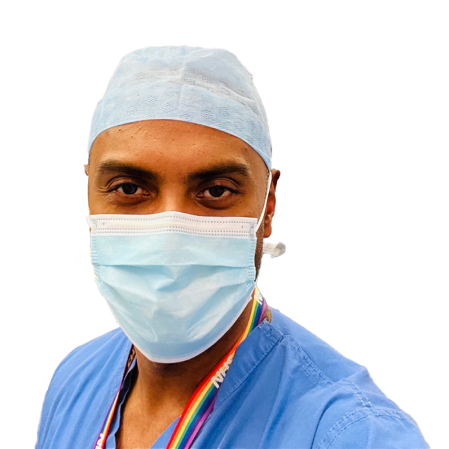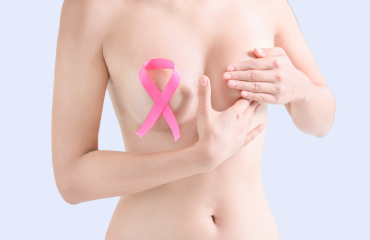
Introduction:
Breast cancer is a complex disease with various risk factors, including a genetic predisposition for some individuals. In the United Kingdom, advancements in medical science have led to the availability of genetic screening for assessing breast cancer risk. This article aims to guide patients through the process of genetic screening, providing essential information on its significance, the testing procedure, and how individuals can make informed decisions about their health.
Understanding Genetic Screening:
Genetic screening involves analysing specific genes associated with an increased risk of developing breast cancer. The two primary genes examined in this context are BRCA1 and BRCA2 though there are 12 current key genes primarily tested for (this will change as our understanding of genomics continues to increase). Mutations in these genes can significantly elevate the likelihood of developing breast and ovarian cancers.
Who Should Consider Genetic Screening:
- Individuals with a strong family history of breast or ovarian cancer.
- Those with relatives who tested positive for BRCA mutations.
- Women diagnosed with breast cancer at a young age.
- Individuals of Ashkenazi Jewish descent, as this population has a higher prevalence of BRCA mutations.
The Decision-Making Process:
- Genetic screening is a personal choice. Individuals considering testing should weigh the potential benefits against the emotional and psychological implications of the results.
- Genetic counselors play a crucial role in the decision-making process, providing information, support, and helping patients understand the potential implications of the test results.
The Testing Procedure:
- Referral:Patients interested in genetic screening typically begin with a discussion with their primary care physician or a breast specialist. If deemed appropriate in the NHS, a referral to a genetic unit may be made, however private providers also allow for affordable testing allowing the entire population access to testing.
- Counseling Session:Before undergoing genetic testing, individuals meet with a genetic counselor or breast specialist who explains the process, potential outcomes, and the implications for themselves and their families. This session helps patients make informed decisions about proceeding with the test.
- Sample Collection:Genetic screening is usually conducted using a blood or saliva sample. The sample is sent to a laboratory for analysis, where specific genetic markers are examined to identify any mutations.
- Interpreting Results:Once the results are available, patients meet with their genetic counselor and/or breast specialist to discuss the findings. Negative results indicate no identified mutations, while positive results suggest the presence of a mutation that may increase the risk of breast cancer.
Making Informed Decisions:
- Potential Outcomes:A positive result doesn’t guarantee the development of cancer but signals an increased risk. Patients can explore proactive measures, such as increased surveillance, preventive surgeries, or medication, to manage the risk.A negative result provides relief but does not eliminate the possibility of developing breast cancer.
- Emotional Support:Coping with the emotional impact of genetic screening results can be challenging. Support networks, including friends, family, and support groups, can provide valuable assistance during this period.
Conclusion:
Genetic screening for breast cancer risk in the UK empowers individuals with valuable information to make informed decisions about their health. By understanding the significance of genetic testing, collaborating with healthcare professionals, and accessing emotional support, patients can navigate this process with confidence. The ultimate goal is to enhance personalized care, early detection, and proactive measures to reduce the impact of breast cancer on individuals and their families.
If you have any concerns regarding your risk of breast cancer or want to know what that risk may be please get in touch to arrange a genetic assessment and access to testing.
Consultant Oncoplastic Breast Surgeon







